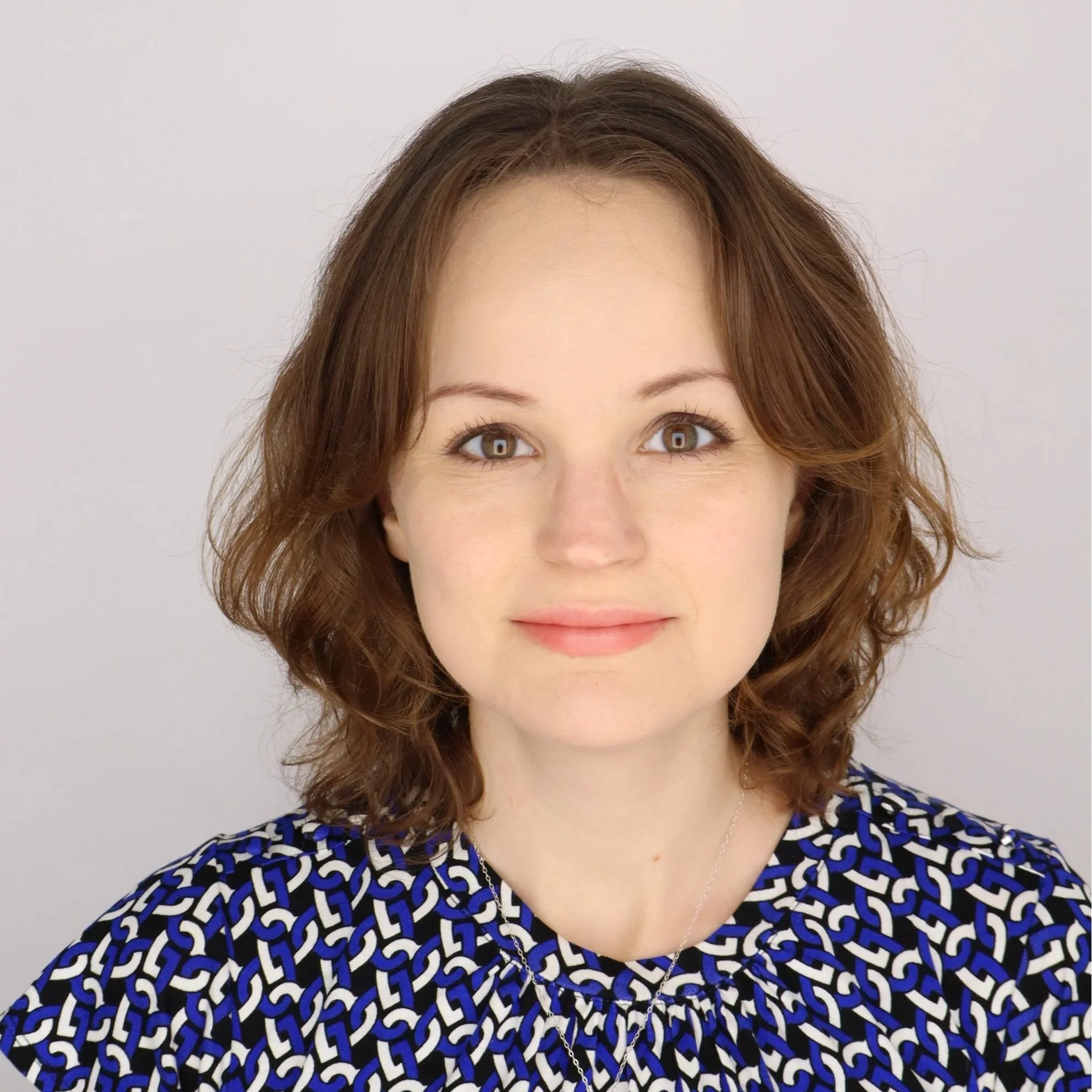Director
Louis Tay is William C. Byham Professor of Industrial-Organizational Psychology at Purdue University. His substantive research interests include well-being (subjective well-being, psychological well-being), character strengths, and vocational interests. His methodological research interests include measurement, item response theory, latent class modeling, multilevel analysis, and data science. He is a co-editor of the books Big Data in Psychological Research (APA Books), Handbook of Well-Being (DEF Publishers), Handbook of Positive Psychology Assessment (Hogrefe), Oxford Handbook of the Positive Humanities (Oxford), and Technology and Measurement around the Globe (Cambridge). His research has appeared in journals such as American Psychologist, Nature Human Behavior, Psychological Bulletin, Perspectives on Psychological Science, Journal of Personality and Social Psychology, Psychological Science, Journal of Applied Psychology, Personnel Psychology, and Organizational Research Methods. His research has also appeared in various media outlets such as The Wall Street Journal, APA Monitor on Psychology, Scientific American Mind, Psychology Today, and MSNBC. He was awarded the 2015 Rising Star award from the Association of Psychological Science, the 2016 Sage Publications/RMD/CARMA Early Career Award, the 2016 Ruut Veenhoven Award for Happiness Research, and the 2019 Society for Personality and Social Psychology (SPSP) Sage Young Scholars Award. He has contributed to the United Nations’ research reports on well-being and serves in consulting roles for top tech companies and Fortune 500 organizations. Consultations have involved topics such as better understanding customer and employee well-being, improving recruitment and selection processes, and understanding biases in measurement, machine learning, and AI. He is the co-founder of the tech startup ExpiWell, which advances the science and capture of daily life experiences through experience sampling methodology.
Graduate Students
Victoria S. Scotney is a graduate student in Industrial-Organizational Psychology at Purdue University. She received the Medal in Arts for her B.A. in Psychology at the University of British Columbia Okanagan in 2019. She has published in outlets such as Psychological Bulletin and Frontiers in Psychology. Her current research interests include prosocial giving and receiving, well-being, research methods, and measurement.
Gloria Liou is a graduate student in the Industrial-Organizational Psychology Ph.D. program at Purdue. She is currently also a faculty member at Rose-Hulman Institute of Technology. Her research interests include well-being, relationships, machine learning, and big data. Gloria received her Bachelor’s degree in Computer Science and Cognitive Science from Pomona College, after which she worked as a product manager at Google and a research manager in the WAM lab.
Fanyi Zhang is a Ph.D. student in Industrial and Organizational Psychology at Purdue University. She graduated from Colgate University in 2019 with a B.A. in Psychological Sciences and French, and recently earned her M.S. in Industrial and Organizational Psychology at Purdue in 2024. Fanyi’s research focuses on positive relationships at work (e.g., mentorship, leadership), employee well-being and research methods. When not busy with studies, Fanyi enjoys singing (off-key but enthusiastically), swimming (somewhere between a dog paddle and a freestyle fiasco), and flying (in very rare occasions when her budget allows).
Post-Doc
Amal Chekili is a Postdoctoral Research Associate in the WAM Lab at Purdue University. She earned her doctorate in Industrial-Organizational Psychology from Virginia Tech, where she also completed a master’s degree in Data Analysis and Statistics. Her research is centered on studying the benefits, challenges, and opportunities of artificial intelligence (AI) in organizational settings. Leveraging conversational large language models and other natural-language-processing techniques, Amal tackles organizational problems while keeping a strong focus on diversity, equity, and inclusion. Through her work, she highlights AI’s transformative potential and the considerations needed to foster more inclusive workplaces.
Post-Bac Researcher
Rediet Shiferahu is a post-bac researcher in the WAM Lab at Purdue University. She earned her B.A. in psychology from Colgate University with minors in Global Public and Environmental Health and Women’s Studies. Her research explores how relationships, sleep, and storytelling shape well-being and healing, as well as how people’s connections with food reflect emotion, identity, and resilience. Outside the lab, she enjoys hiking, cooking, and traveling.
Research Operations Manager
Hillary Merzdorf is a Research Operations Administrator in the Department of Psychological Sciences at Purdue University. She earned a Ph.D. in Engineering Education from Purdue University in 2022, where she also earned degrees in Psychology, Educational Psychology, and Industrial Engineering. She has experience in instructional design, assessment development and validation, and user-centered educational technology. She is interested in the role of computers and intelligent systems to support cognition and learning, and she enjoys mentoring student researchers.
Alumni
Graduate Students and Post-Docs
Daphne (Xin) Hou Assistant Professor of Industrial-Organizational Psychology at University of South Florida
Stuti Thapa Assistant Professor of Industrial-Organizational Psychology at Tulsa University
Louis Hickman Assistant Professor of Industrial-Organizational Psychology at Virginia Tech
Cassondra Batz-Barbarich Associate Professor of Business at Lake Forest University
Vincent Ng Assistant Professor of Industrial-Organizational Psychology at the University of Houston
Hoda Vaziri Associate Professor of Management at the University of North Texas
Chris Wiese Associate Professor of Industrial-Organizational Psychology at Georgia Tech
Lauren Kuykendall Associate Professor of Industrial-Organizational Psychology at George Mason University
Post-Bac Researchers
Annika (Ziqi) Wei Research Associate at Harvard Business School
Molly Cooper Counseling Psychology PhD student at Fordham University
Audrey Palmeri Industrial-Organizational Psychology PhD student at Pennsylvania State University
Cavan Bonner Personality Psychology PhD student at University of Illinois Urbana-Champaign (NSF GRFP Awardee)
Gloria Liou Industrial-Organizational Psychology PhD student at Purdue University and faculty member at Rose-Hulman Institute of Technology (NSF GRFP Awardee)
Fanyi Zhang (张凡一) Industrial-Organizational Psychology PhD student at Purdue University
Visiting Scholars
Olesia Bubnovskaia Fulbright Visiting Scholar, Head of Safety and Risk Lab, Far Eastern Federal University
Grace Yao Visiting Scholar, Professor, National Taiwan University








